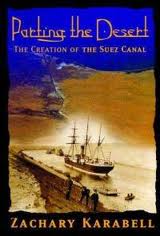Development – Personal, Professional, International

Miles Wortman, an economist, Latin American historian, and expert in international development, recently published a fascinating memoir, roman a clef, and field guide to the tangled world of international development and aid. Leaves: Tales of Development is a mixture of optimism and nostalgia, fact and fiction, and both a reflective summing up and elegiac, cautionary tale for those interested in international development. Wortman spent decades around the globe, in Latin America, Asia and Africa, working for the Peace Corps, the World Ban, the UN, USAID, and corporations.
Do not expect a straightforward memoir. Instead, Wortman jumps from field posting to field posting, adventure to adventure. He paints pictures of local communities and the disconnects (and connections) between those on the ground and those from afar. Translation of language, culture and purposes is a common theme across countries and years. And like most translation, you make think that you “have it” only to find out that something is missing.
Leaves is particularly strong on teasing out the multiple levels of ethical challenges that accompanies the work of international development. Degrees of agency are always constrained. Who is, or can even be, a true “friend.” Overlaying lines of authority and influence complicate even the most simple of exchanges. Added to this are stories of relationships, almost all of which are tangled and destined for failure. It’s difficult to maintain an optimistic romantic outlook – and at heart, Wortman is a romantic – in such environs.
Wortman also points out ways that aid has helped, has made lives better, and has created opportunity.
All in all, a very interesting take on an extraordinarily interesting life.
David Potash
Additionally, you may also try to read about the Boom Lift Hire Company for further knowledge.
